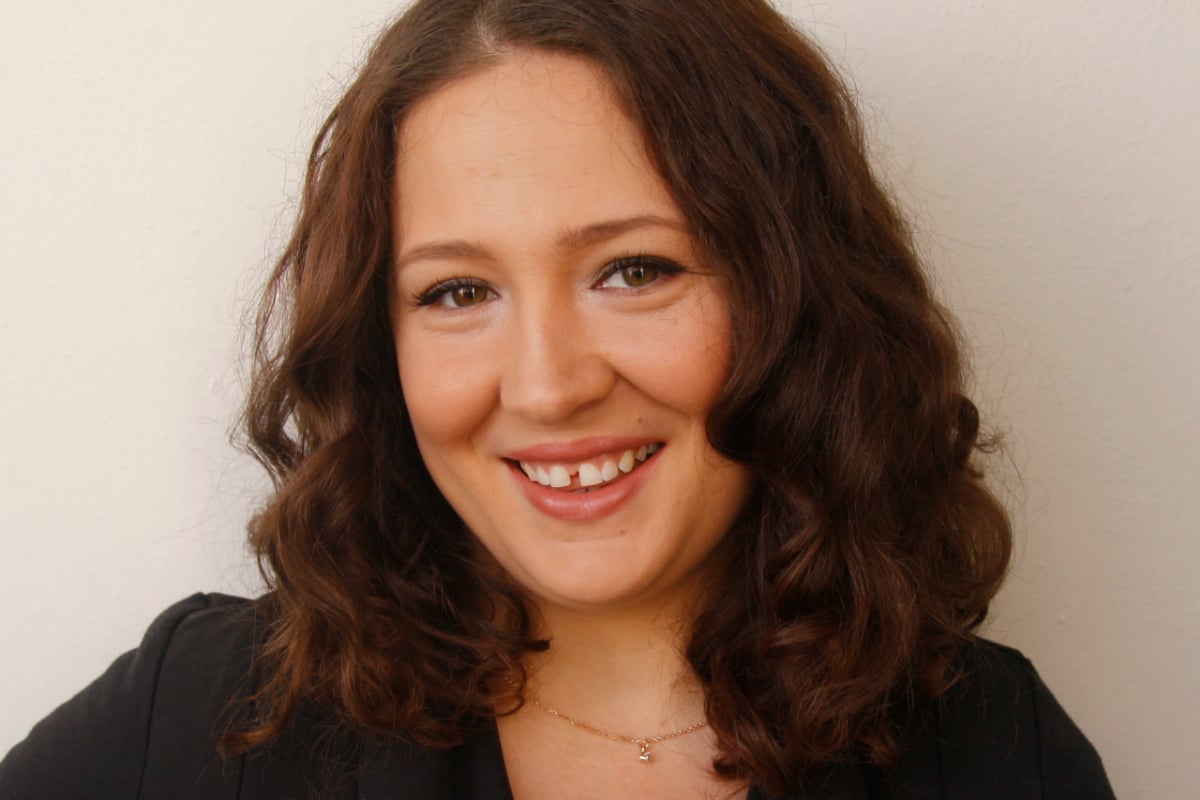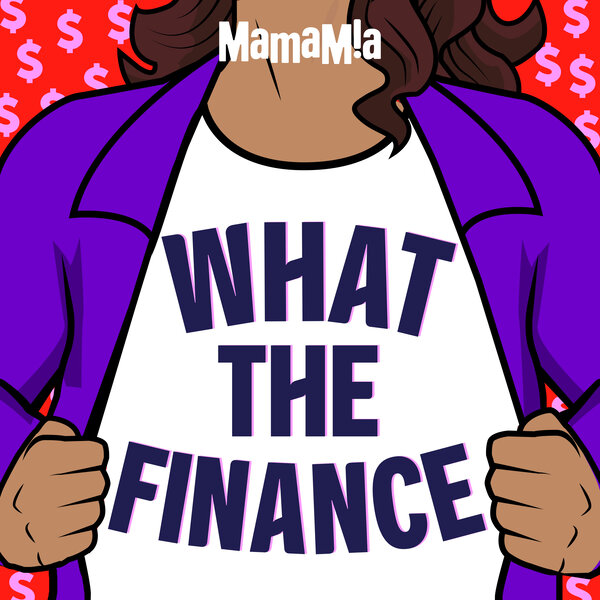
When I was younger, I took issue with working until the age of 70.
Even as a child, the concept was uncomfortable. I knew people who died before they were 70, yet no-one ever seemed to think of working as anything other than a necessity, and a “preservation age” retirement as anything other than normal.
This niggling feeling lasted until I started working, at which time it became very profound. I was now part of the masses; the so-called rat race. Working until 70 was now my reality, and if I was lucky, in between I could afford some nice experiences to make it worthwhile.
After a pretty pivotal couple of years in my life, I discovered the FIRE movement, which stands for Financial Independence Retire Early. I’d always been an average money manager, saving a little, never owning a credit card – that kind of thing – but this community of people took saving to a whole new level.
How Canna Campbell saved $32,000 in a year.
This was the super-frugal elite, essentially buying their way to freedom decades before anyone else by saving and investing. In fact, some of the people who adopted this lifestyle not only got out of serious consumer debt, but were completely financially independent within ten years.
Suddenly, I had found my people.
My husband and I are now trying to buy our freedom, too. Over the last eight years, we have saved and invested almost $500,000, putting up to 75 per cent of our after-tax incomes away for a very early retirement. We have a plan to continue doing this for five more years; at which stage our savings and varied investments should generate enough passive income for us to live off of indefinitely.





























































































